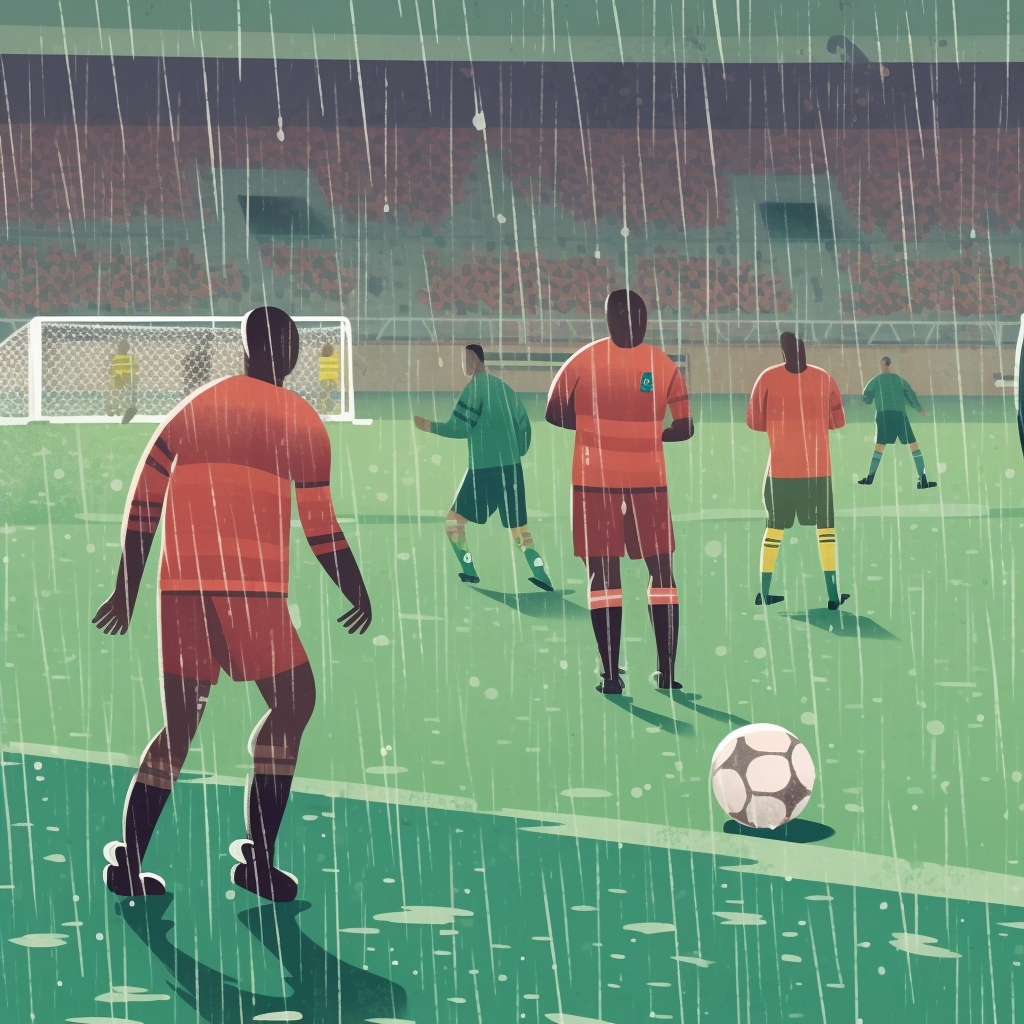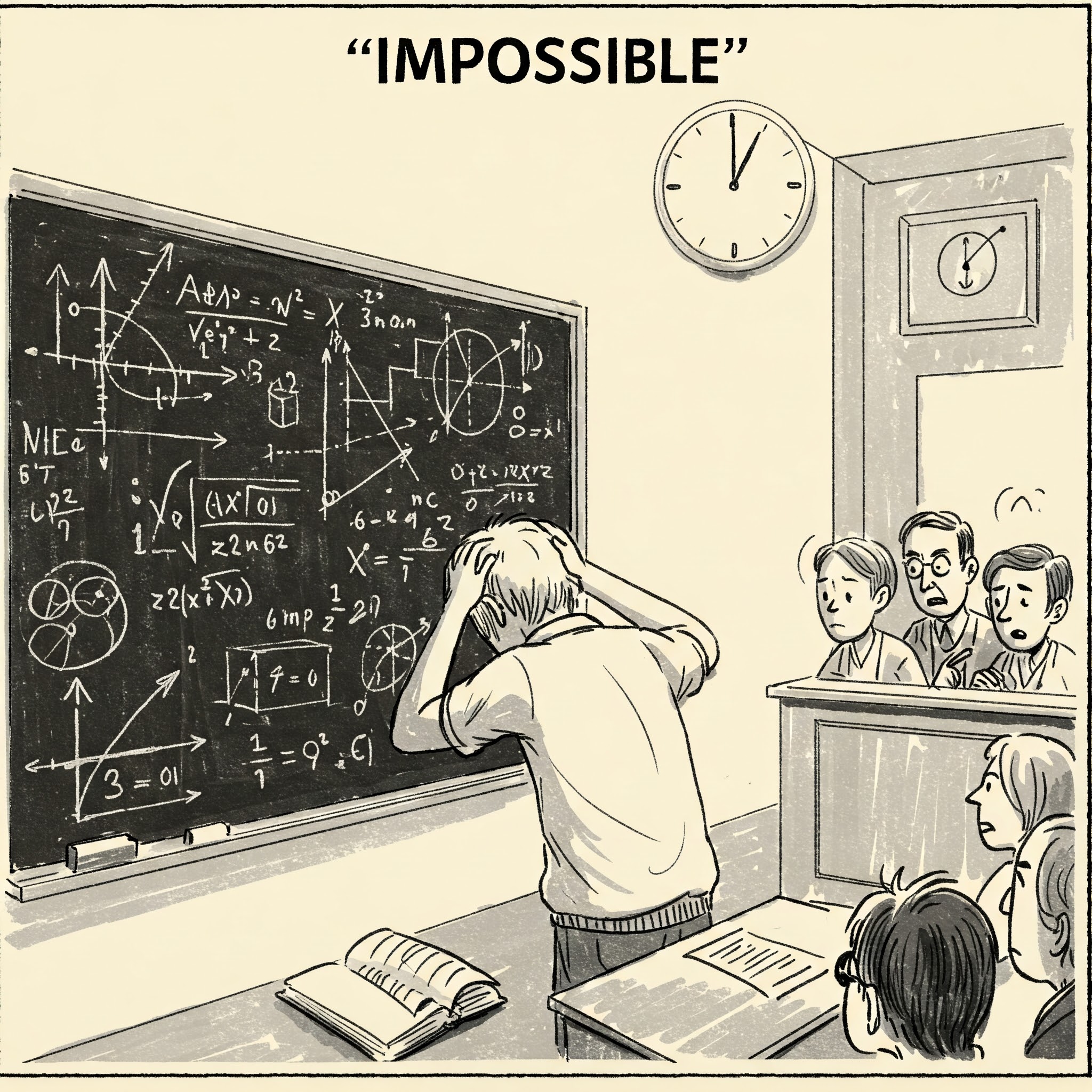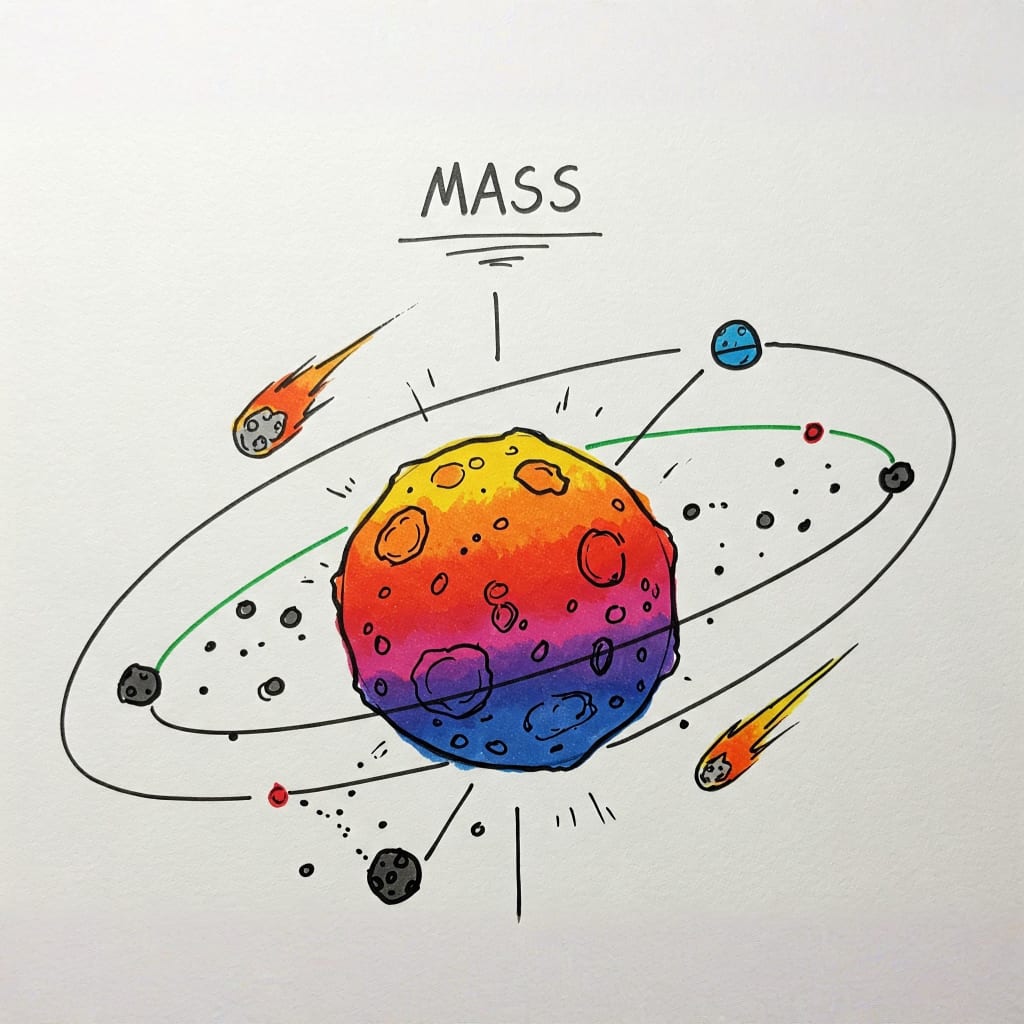Adverse
Definition
Adverse describes something harmful, unfavorable, or opposed to one’s interests. It is often used to characterize conditions, effects, or factors that are detrimental or pose obstacles.
Parts of Speech
- Adjective
Pronunciation
American English
- IPA Pronunciation: /ˈædvɜrs/
- Respelling: AD-verss
British English
- IPA Pronunciation: /ˈædvɜːs/
- Respelling: AD-vers
The pronunciation of "adverse" differs slightly between American and British English, with stress placed on different syllables and slight variations in vowel sounds.
Etymology
The word "adverse" originates from the Latin "adversus," meaning "turned against" or "opposite," composed of "ad-" (to) and "vertere" (to turn). The term was adopted into Old French as "adverse" and entered English in the late Middle Ages, retaining its meaning of something that is contrary or unfavorable.
Derivatives
- Adversity (noun)
- Adversely (adverb)
- Adversarial (adjective)
- Adversative (adjective)
- Nonadverse (adjective)
Synonyms
- Unfavorable
- Harmful
- Inimical
Antonyms
- Favorable
- Beneficial
- Advantageous
Usage
The term "adverse" is commonly used to describe unfavorable conditions or effects, such as adverse weather, adverse health effects, or adverse reactions to medication. It is also frequently found in legal, financial, and scientific contexts, where conditions or outcomes counter to intended goals are described as adverse. For example, "adverse effects" in medicine refer to unintended negative reactions, while "adverse market conditions" in finance denote challenging economic situations.
Related Terms
- Detrimental: Tending to cause harm or damage.
- Antagonistic: Showing active opposition or hostility.
- Hostile: Unfriendly or antagonistic in nature.
Detailed Definitions
Adjective
- Harmful or unfavorable: Used to describe conditions, reactions, or effects that pose risks or challenges.
- Example: "The patient experienced adverse side effects from the medication."
- Opposed or in conflict with: Refers to situations or individuals that are actively against a particular goal or interest.
- Example: "The new policies faced adverse public reactions."
adverse



🇨🇳 Mandarin
- 不利 (bù lì)
- IPA: /pu˩˥ li˨˩˦/
- Respelling: bu-lee
- 逆 (nì)
- IPA: /ni˨˩˦/
- Respelling: nee
🇮🇳 Hindi
- प्रतिकूल (pratikūl)
- IPA: /pɾə.tiːˈkuːl/
- Respelling: pra-tee-kool
- विपरीत (viparīt)
- IPA: /vɪˈpəɾiːt/
- Respelling: vi-pa-reet
🇪🇸 Spanish
- adverso
- IPA: /adˈberso/
- Respelling: ad-ber-so
- contrario
- IPA: /konˈtrarjo/
- Respelling: kon-tra-ryo
🇫🇷 French
- adverse
- IPA: /ad.vɛʁs/
- Respelling: ad-vers
- défavorable
- IPA: /de.fa.voʁabl/
- Respelling: de-fa-vo-ra-ble
🇦🇪 Modern Standard Arabic
- ضار (ḍār)
- IPA: /ðaːr/
- Respelling: dhaar
- معاكس (mu'ākis)
- IPA: /muːˈʔaːkis/
- Respelling: moo-aakis
🇧🇩 Bengali
- প্রতিকূল (pratikūl)
- IPA: /prətikul/
- Respelling: pra-tee-kool
- অপ্রিয় (apriya)
- IPA: /ɔprijɔ/
- Respelling: op-ri-jo
🇷🇺 Russian
- неблагоприятный (neblagopriyatnyy)
- IPA: /nʲɪ.bləɡ.ɐˈprʲit.nɨj/
- Respelling: nee-blago-priyt-nee
- противоположный (protivopolozhnyy)
- IPA: /prə.tʲɪ.və.pɐˈloʐ.nɨj/
- Respelling: pro-tee-vo-po-lozh-nee
🇵🇹 Portuguese
- adverso
- IPA: /ɐdˈvɛrsu/
- Respelling: ad-ver-so
- contrário
- IPA: /kõˈtrarju/
- Respelling: kon-tra-ryoo
🇮🇩 Indonesian
- merugikan
- IPA: /mərugikan/
- Respelling: me-ru-gi-kan
- buruk
- IPA: /buruk/
- Respelling: boo-ruk
🇩🇪 German
- nachteilig
- IPA: /ˈnaχt.aɪ̯.lɪç/
- Respelling: nakht-ail-ikh
- ungünstig
- IPA: /ʊnˈɡʏn.stɪç/
- Respelling: un-gun-stikh
🇯🇵 Japanese
- 不利 (furi)
- IPA: /ɸɯɾi/
- Respelling: fu-ri
- 逆らう (sakarau)
- IPA: /sakaɾau/
- Respelling: sa-ka-rau
🇻🇳 Vietnamese
- không thuận lợi
- IPA: /kʷəːŋ tʰwən˦ lʷəj˨˩/
- Respelling: kwong thwun loy
- bất lợi
- IPA: /bəːt˧ lʷəj˨˩/
- Respelling: bat loy
🇰🇷 Korean
- 불리한 (bullihan)
- IPA: /bul.li.han/
- Respelling: bul-lee-han
- 반대의 (bandaeui)
- IPA: /ban.dɛ.ui/
- Respelling: ban-day-ui
🇹🇷 Turkish
- olumsuz
- IPA: /o.lum.suz/
- Respelling: o-lum-sooz
- ters
- IPA: /teɾs/
- Respelling: ters
🇵🇰 Urdu
- مخالف (mukhālif)
- IPA: /muxɑːlɪf/
- Respelling: mu-khaa-lif
- برعکس (bar aks)
- IPA: /bər ʌks/
- Respelling: bar ukhs





